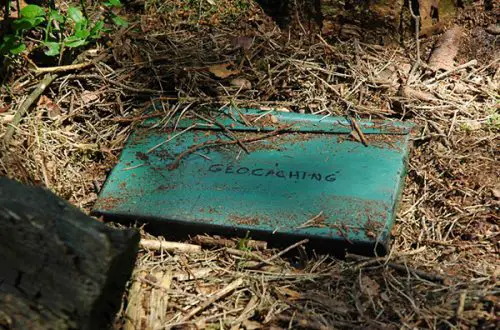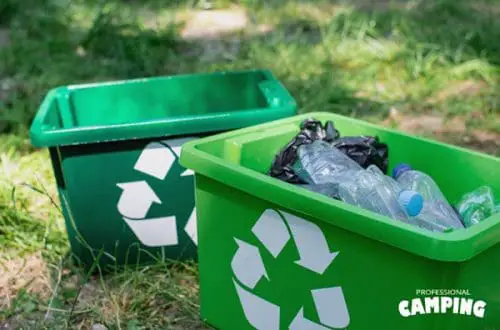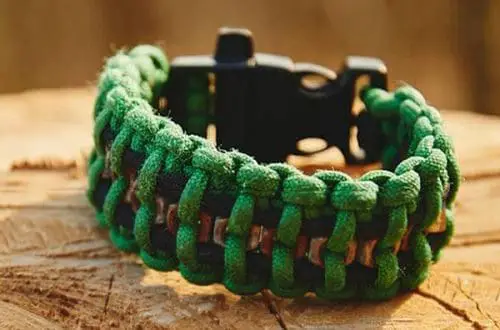How to Store Cast Iron for Camping?
Table of Contents
When it comes to camping, one of the most important items to bring is your cast iron skillet. This essential cooking tool can be used for a variety of dishes, from simple breakfasts to elaborate dinners.
To keep your cast iron during camping safe, your cookware should be kept absolutely dry to avoid rust, and it should be cleaned properly. The lid should be removed when not in use to avoid the buildup of condensation and rust. Cast iron storage bags may also be useful to keep you cookware safe and ready for cooking when camping.
If you’re not careful, your cast iron can become damaged while you’re on your trip. Here are some tips on how to store cast iron for camping.
Cast Iron Cookware
The cast iron cookware you choose should be sturdy and reliable. While other cookware may suffice, cast iron is the best option for camping trips. It can withstand a variety of weather conditions and resist rust.
The best part about cast iron is that it’s durable and will last a long time making it an ideal investment for your camping gear.
Keep Your Cast Iron Dry
Before you head out into the forest or to the campsite, make sure that when storing cast iron, the cookware is completely dry. If any excess moisture or cooking oil is left on the pan, it can cause rust to form, which will ruin the surface of your skillet, not to mention that it may stain your clothing or environment while transporting.
It’s a good idea to store cast iron cookware inside of a dry place when not being used. If the cast iron is stored outside, it will be exposed to moisture that can seep into the metal and cause rusting on the surface of your cookware.
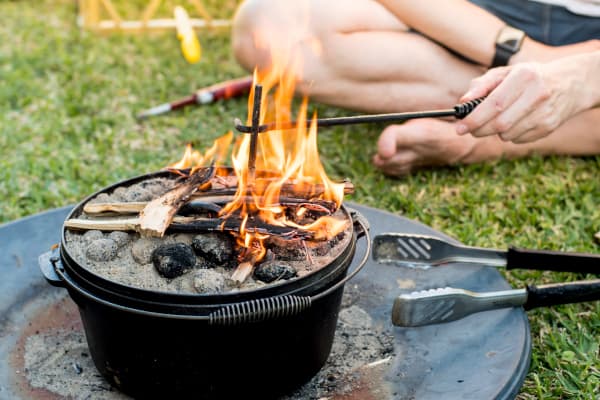
Keep the Cast Iron Cookware Clean
When cleaning cast iron, wipe down your skillet with a cloth or paper towel before storing it. Make sure to remove the excess oil and food particles left on the skillet.
Hot water is the best for this task, along with some mild soap. If you have any stuck-on food or grease on the cooking surface, use salt to clean your cast iron skillets.
Just take a handful of salt and scrub it over the skillet until the grime loosens up. The oils will come off with just a little pressure, and more hot water. You can put it into a paperbag when transporting it.
Try not to burn food when cooking your next meal to make your life easier.
Remember clean cast iron is the best cast iron.
Where to Store Cast Iron?
If you’re packing your cast iron into the trunk of your car for the journey, keep in mind that metal heats up quickly when exposed to high temperatures.
Make sure there’s nothing flammable nearby before placing any hot skillets on top of or inside your vehicle.
A proper storage space for your cast iron can be hard to find, but a cool and dry place should be fine.
Hanging up the Skillet
If you’re bringing along a cast iron hook with your camping gear, consider hanging up your skillet and iron pans.
While it’s true that the perfect campsite often has little to no trees, if you do find yourself in this position, feel free to improvise by using anything in your immediate surroundings as an impromptu storage rack.
Consider the Weight of Cast Iron
Heavy cast iron can weigh you down on your camping trip, and it’s important to remember that the weight of the skillet increases significantly when filled with food.
When considering where to store your cast iron or how much gear to bring along in general, keep in mind that you’ll likely be walking long distances during your outdoor journey.
Can You Store Cast Iron Outside?
You can store cast iron outside, but you need to be careful. You may avoid your cast iron skillet from getting rusty by placing it outside in a dry area, but be aware that the cast iron will retain the sun’s heat.
Don’t place your pan on rocks or vegetation that could cause it to get scratched. If any dirt and debris get in your skillet, simply wipe it clean with paper towels and oil the surface before cooking again.
The Seasoning on Cast Iron Pans
The seasoning on your cast iron pans is a thin, baked-on layer of oil that covers the pan, built up after uses. If you want to keep the seasoning on your cast iron, don’t use harsh chemicals.
Seasoning adds flavor and aids in the prevention of food from sticking according to many.

Where to Put the Cast Iron Skillet?
While cooking for your family or group of friends is fun, you don’t want to place the cast iron on top of the picnic table.
Keep in mind that one of the most dangerous risks in placing your pan on the ground is that it may be kicked over by accident.
Camp Grill
A camp grill is a great accessory to bring along on your camping trip. This way, you can cook right at your campsite without having to worry about finding another space to set up the grill.
The sturdier the grill, the better. You can’t go wrong with a traditional cast iron skillet grate – simply place it over your campfire to cook tasty treats for your trip.
Coals
Coals from a fire can be used to bring cast iron directly over the flame. While it’s true that cooking over open coals can make for some of the most delicious dishes, it also causes the most damage to the cast iron.
Make sure you’re careful and don’t move your skillet too much while cooking on a grill or coals. This is the easiest way to burn yourself and cause damage to your skillet.
Rock Platform
If you’re not able to find a camp grill or other type of rack, simply stack some rocks into a ring shape and place your skillet on top of them.
After your meal is finished, remove the rock platform and dispose of it properly.
Do Not Store Cast Iron With Lids On
If you plan on storing your cast iron, make sure that the lid is off. If you leave it on when transporting it in hot weather, condensation can form inside the skillet that will rust the surface after you remove it.
How to Care for Cast Iron?
Before storing your cast iron, make sure to clean and dry it thoroughly. Wash the pan with warm water and a mild dish soap, scrubbing the surface with a non-metal brush.
Rinse off any soapy residue before drying completely with paper towels. Take another towel and rub down the surface of the skillet.
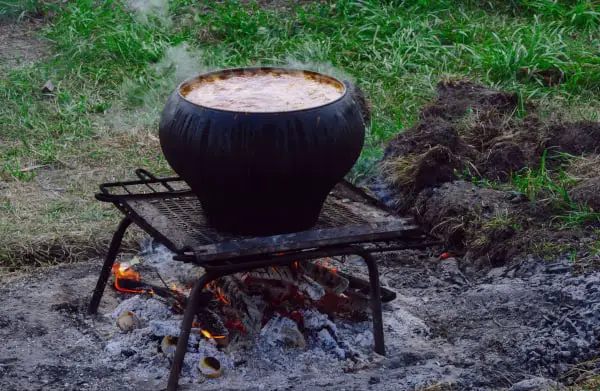
Cast Iron Storage Bags
One of the most popular ways not only to store cast iron, but any type of camping gear, is with storage bags.
You can usually find these bags at outdoor or hardware stores. When you’re ready to head out, simply place your skillet into the bag and seal it up.
Can You Store Cast Iron in a Plastic Bag?
You can store cast iron in a plastic bag, but if you’re not careful about air flow, condensation can form inside the bag that could rust the skillet.
Storing your cast iron with a paper towel or dish cloth inside can absorb any moisture that forms when it is in the bag, preventing rust.
Is Cast Iron Good for Camping?
Pans made of cast iron are not only extremely durable but also heat-resistant, so they may be used on a camp stove or over an open flame, or on hot embers or coals without any harm.
Final Thoughts
Cast iron is an excellent material for camping cookware because it is durable and heats evenly.
However, if you are not going to be using your cast iron cookware for a while, it’s important to store it properly so that it will last longer.
Here are a few tips on how to store cast iron for camping trips or long-term storage. Make sure your cast iron is completely dry before storing it. If there is any moisture left in the pan, it can cause rusting.
By following these tips, your cast iron will stay in good condition for years to come. Have you ever stored your cast iron improperly? What was the outcome? Let us know in the comments below.


